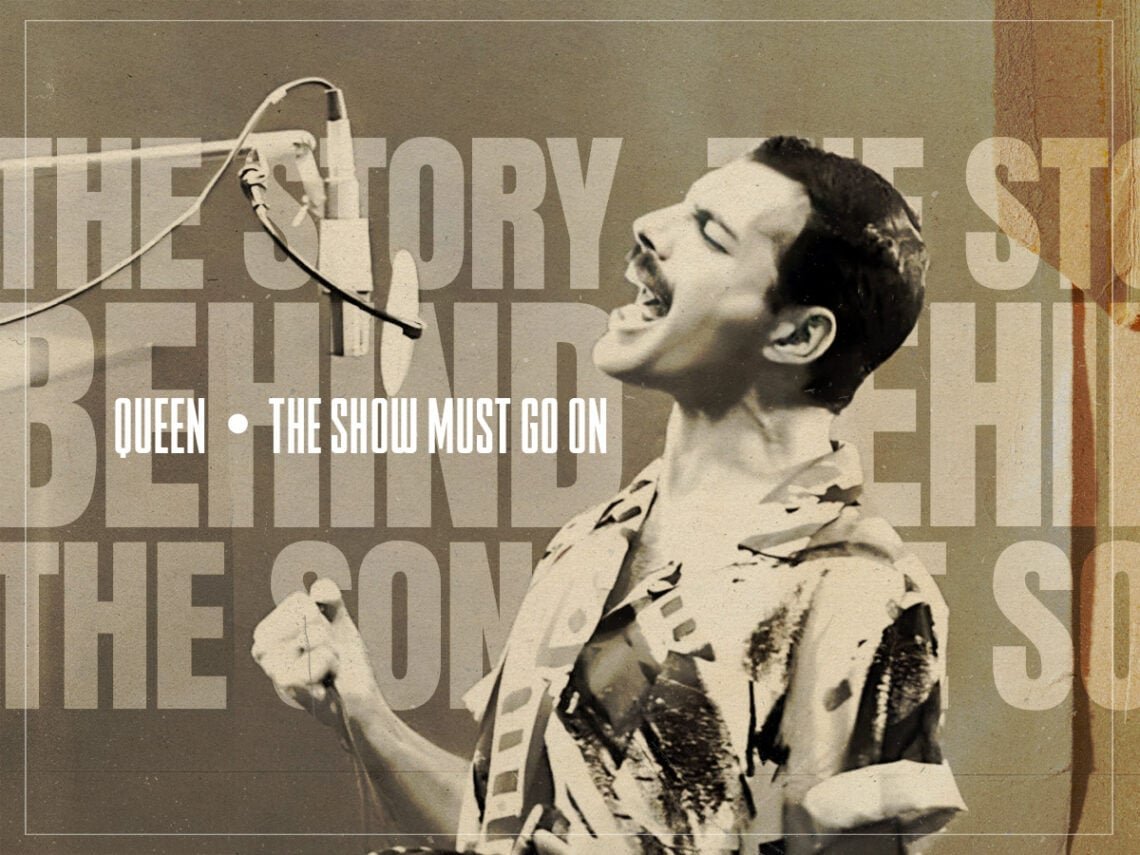
It was a testament to the man, in life and in death, that the final curtain call for Freddie Mercury really didn’t take place until the 11th hour. Only officially revealing what had been long speculated around his Aids diagnosis merely 24 hours before his death on November 24th, 1991, the last word truly was his; the defining marker of a rock star who had never known any other style than the beat of his own drum.
Mercury’s legacy is, of course, made up of many facets – his eccentric fashion, four-octave vocal range, iconic performances, and so much more. But perhaps most of all, it was his tenacity that was most striking. Finishing his final recordings for Innuendo as his condition rapidly deteriorated and less than a year before he died, the album’s closer in ‘The Show Must Go On’ is as fitting a swan song for a life harnessing such unquantifiable musical power as you could have ever imagined.
With the iconic frontman becoming increasingly frail behind the scenes, Brian May was concerned that the sheer power of the anthem he had penned would simply overwhelm Mercury – but in other senses, you’d think May would know better as his right-hand man was never to be underestimated. The guitarist recalled of the pivotal moment: “I said, ‘Fred, I don’t know if this is going to be possible to sing.’ And he went, ‘I’ll fucking do it, darling’—vodka down—and went in and killed it, completely lacerated that vocal.”
Any illusion of a dying spirit now torn to shreds, Mercury was still as alive in character as he ever was, complete with a pompous flair and a dose of Dutch courage. Whether May wrote the song specifically with the finality of the frontman’s life so starkly in mind, it was evident that Mercury was the beating heart of the song through thinly veiled references to living a “pantomime” of a public life compared to the inner turmoil in his life.
Indeed, Mercury’s partner Jim Hutton recognised that dichotomy all too well, noting the words that most succinctly summarised his lasting thoughts. “The most autobiographical line,” he said, was: “‘My make-up may be flaking, but my smile still stays on.’ That was true. No matter how ill Freddie felt, he never grumbled to anyone or sought sympathy of any kind. It was his battle, no one else’s, and he always wore a brave face against the ever-increasing odds against him.”
If the weight of that determination wasn’t palpable enough already, it becomes even more so apparent in the knowledge that Mercury recorded the entire song in only one take. It was truly, on so many levels, all or nothing – but it also wouldn’t have been in his nature to bow out quietly. The crowds had to know that the King of Queen was not going to go down without a fight.
That he did not. Re-released separately as a single in October 1991, merely six weeks before Mercury died, fans recognised the moment for the swan song and kept it firmly in the charts as no greater testimony to his legacy. It was the acknowledgement that although these were technically the last recordings of a lifetime, this was not a voice that was about to die – only one that was to become immortal.







